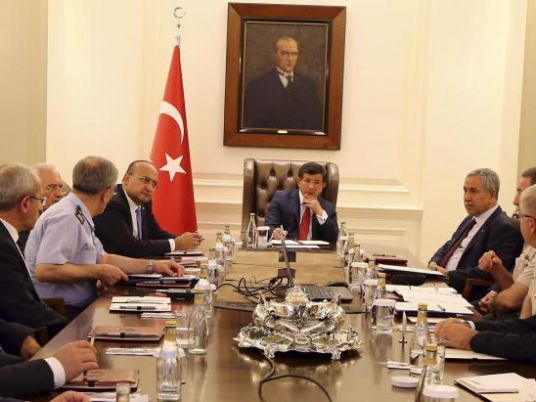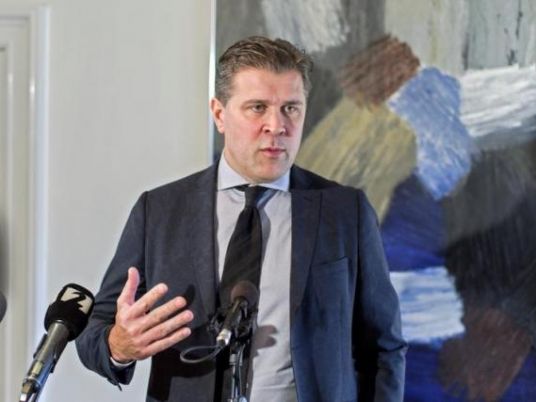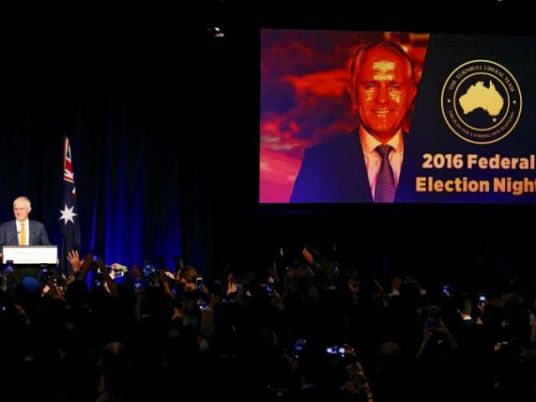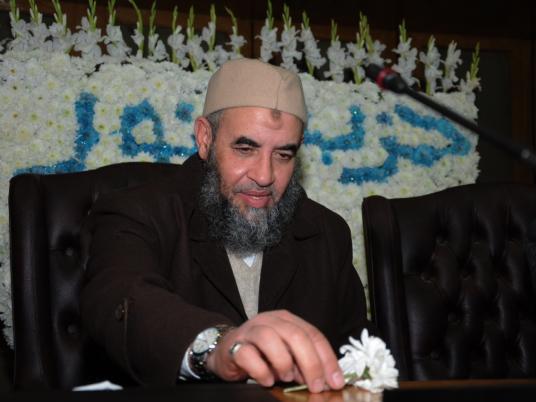
The 45-day deadline to form a coalition government is ending without any result in Turkey, which will now allow President Recep Tayyip Erdogan to use his power to call for a new election.
Following the June 7 general election that resulted in no single-party majority, Prime Minister Ahmet Davutoglu was asked by Erdogan to form a new government on July 9 within a 45-day timeframe, which ends on Sunday.
On Friday, the president said that Turkey would hold new parliamentary elections, probably on November 1.
Since July 13, Justice and Development (AK) Party Chairman Davutoglu met with both Republican People's Party (CHP) leader Kemal Kilicdaroglu and Nationalist Movement Party (MHP) leader Devlet Bahceli for coalition talks, which in the end proved futile.
Both leaders of CHP and MHP also announced that they would not name cabinet members from their parties in the caretaker set up.
According to Turkey’s constitution, when the deadline expires without a government, either the president or the parliament may decide to hold new elections.
If a decision to hold new election is made, then polling is supposed to be held in the first Sunday following a 90-day period starting from the end of the first deadline. This scenario suggests polling in November.
In the event of a decision to hold new elections under Article 116, the council of ministers is to resign and the president will appoint a prime minister to form a provisional council of ministers.
The caretaker government is supposed to be formed within five days of publication in the official gazette of the decision to hold new parliamentary elections.
In a potential caretaker government, the AK Party is likely to have 12 ministers; the second-placed CHP is likely to have seven while the MHP and the HDP will have three ministers each.
According to the Turkish constitution, the number of members to be taken from political party groups shall be determined by the parliament speaker, and shall be communicated to the prime minister.
A caretaker government formed by deputies of all four parliamentary parties would not need to be approved by a parliamentary vote of confidence. The key portfolios of the interior, justice and transport ministries would be allocated to non-partisan independents. As there is only one independent deputy in the Grand National Assembly, two of the posts would go to non-parliamentarians.



